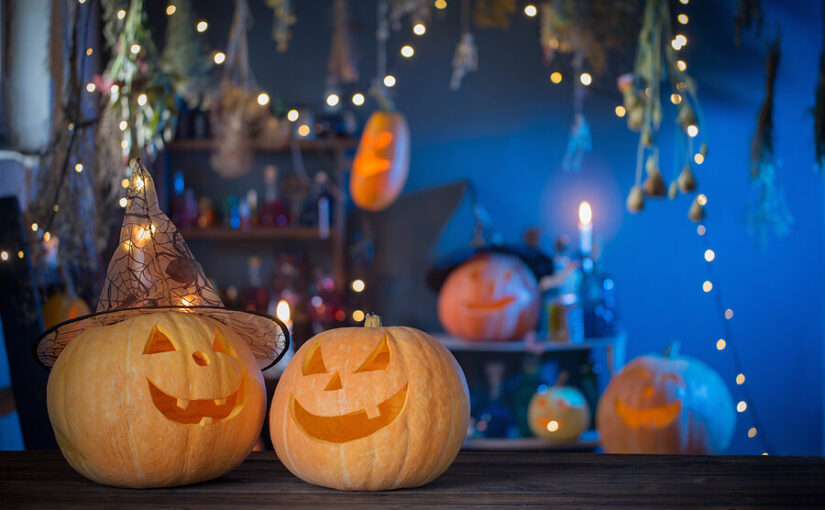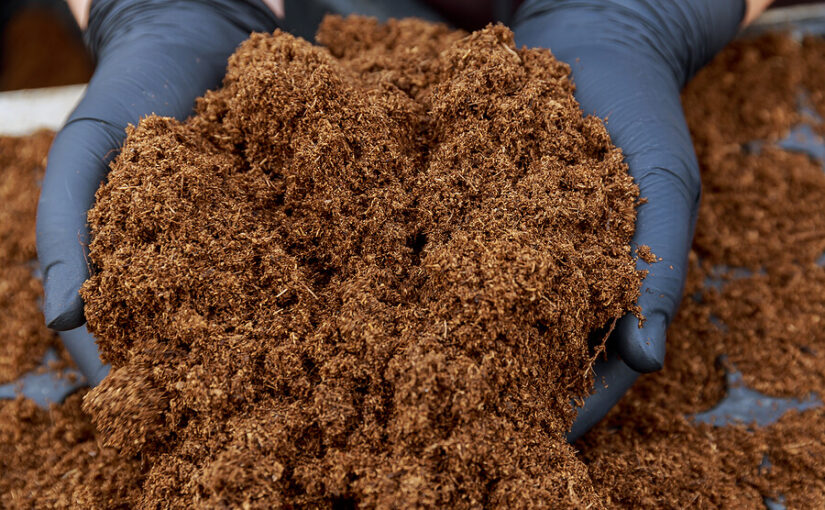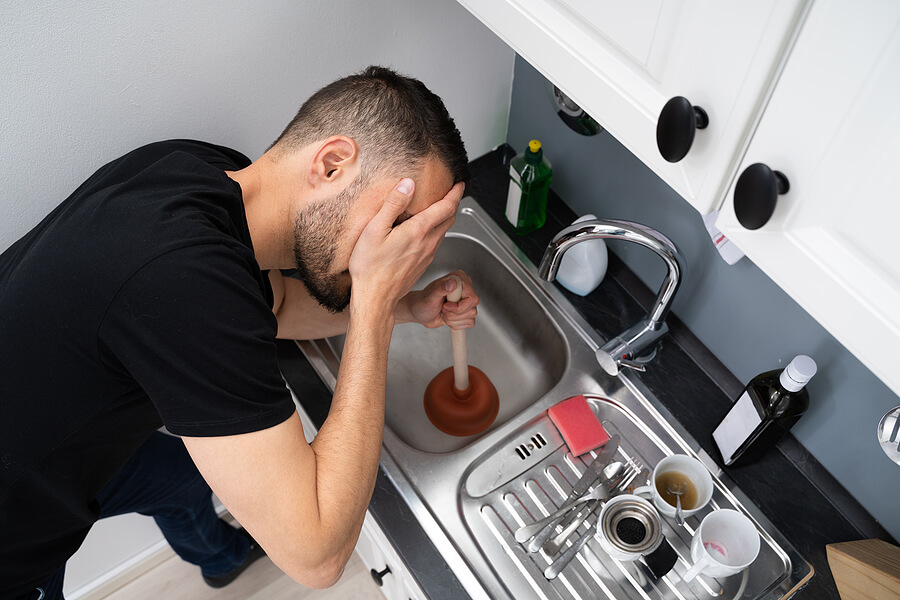Halloween – every year on 31st October, kids dress up in their most spooky and ghoulish attire to knock on doors asking for treats, and we adults also love to get involved. There are parties galore and even some rituals among those who dare.
It’s a fang-tastic celebration that derives from the ancient Celtic festival, Samhain, when the veil is at its thinnest and spirits are believed to walk the earth once more. While celebrations have been modernised in recent years, some traditions live on.
However, newer developing traditions are far scarier than any wandering ghosts. With Halloween comes commercial indulgence, which can be more damaging than we might imagine.
Let’s look at how the festivities can have a detrimental environmental impact and find out how to enjoy a zero waste Halloween instead.
Continue reading How to sustainably dispose of your Halloween Waste: A quick guide


